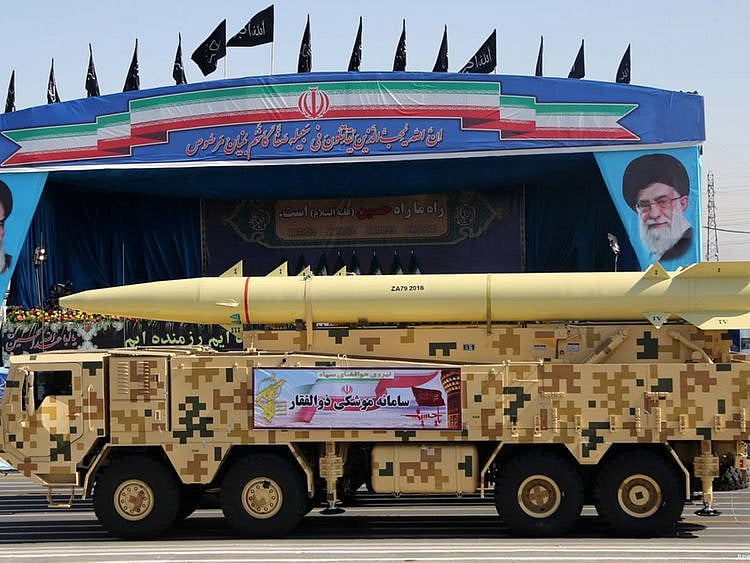US cannot afford to let Iran become a bigger threat
Allowing Tehran access to sophisticated weapons will create new turmoil in the region

Having played his aces too early on Iran’s nuclear programme, US President Donald Trump now has only a weak hand against a new threat from Tehran. The Pentagon is warning that the regime will buy advanced conventional weapons — such as tanks and jet fighters — towards the end of next year, when a United Nations embargo ends.
In a compromise linked to Iran’s 2015 nuclear deal with the world powers, the UN agreed that starting in October 2020, the regime could purchase arms it doesn’t produce. Iran is already in talks with Russia to buy Su-30 fighters, Yak-130 trainers, T-90 tanks, S-400 air-defence systems and Bastian coastal defence systems. It may also be in the market for Chinese military hardware.
The Trump administration has been trying to rally support for extending the embargo. At a recent UN Security Council meeting, Secretary of State Michael Pompeo warned that allowing Iran access to sophisticated weapons would “create new turmoil” in the Middle East.
Pompeo is right: Iran has used its existing military strength and capabilities to prop up the dictator Bashar Assad in Syria, and to equip Hezbollah in Lebanon as well as proxy militias in Iraq and Yemen. It will likely use new arms to strengthen these groups and menace other states in the region.
But Pompeo can expect no sympathy in the Security Council — and not just because at least two other veto-wielding permanent members, China and Russia, could be potential arms suppliers to Iran. By pulling the US out of the nuclear deal against the pleas of the other signatories, the Trump administration may not even be able to count on the support of France and Britain.
Powerful non-kinetic weapon
The US’ most powerful non-kinetic weapon — economic sanctions — should scare off most arms manufacturers. The real test will come when arms suppliers have to weigh their options between US sanctions and Iranian orders.
The sanctions will make it impossible for them to do business in the US, and hard to sell to others who want to remain on good terms with the Americans. Sanctions can also be deployed with great effectiveness against executives and officials. Against that, the individuals may have to weigh political pressure to make the deals.
Threat against shipping
The best the Trump administration may be able to do is tighten the sanctions that bar the Iranian regime from many financial transactions — and hope that arms manufacturers won’t do business with a regime that can’t actually pay. The US may also have to end waivers on Iranian hydrocarbons exports, to prevent any oil-for-weapons deals. This will especially infuriate some, at a time when Trump needs Beijing’s cooperation to get a new trade deal.
How might China and Russia respond? They may have reasons to keep Iran from becoming too strong militarily. Russia looks like in competition with Iran for influence in Syria, and may not want Assad to have access to Iranian tanks and jets. Beijing might reckon that a more powerful Iran would be more capable of disrupting oil supplies from the Middle East, which are essential to the Chinese economy.
China will not have been reassured by Tehran’s latest stunt to rattle its neighbours: dispatching a flotilla to the coast of Yemen, an unsubtle threat against shipping in the mouth of the Red Sea, just as Iran poses one in the Arabian Gulf.
The Europeans have previously tried that Instex, a “special purpose vehicle” created to shield their trade with Iran. But it has come to naught, mainly because no European companies dare to run the gauntlet of American sanctions.
Might other arms manufacturers be more willing to take the risk? Trump and Pompeo can do little more than keep their fingers tightly crossed.
— Washington Post
Bobby Ghosh writes on foreign affairs, with a special focus on the Middle East.
Network Links
GN StoreDownload our app
© Al Nisr Publishing LLC 2026. All rights reserved.